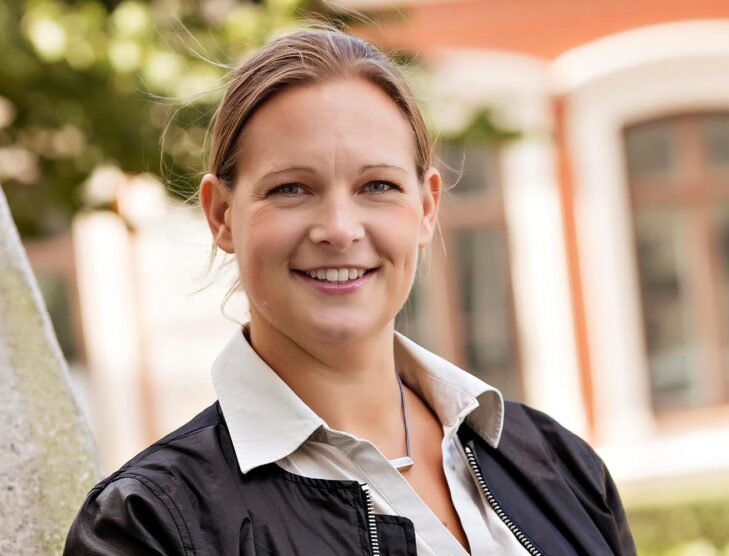
Episode 30: Conversation with Sofia Öberg of 2Probity Registration
In 2019, Sofia Öberg established 2Probity Registration, an independent third-party organization that provides product registrations of non-food compounds according to the regulations of the U.S. Food and Drug Administration (FDA). With her background in management systems, legal requirements and audits, Öberg was not daunted in competing with established organizations such as U.S.-based NSF International, which is a “giant” in this field.
In this episode, Öberg discusses how third-party organizations like 2Probity help ensure that bakery goods and other food products are kept safe for human consumption. The U.S. FDA’s Code of Federal Regulations (CFR) Title 21 governs food and drugs within the United States but in reality is used worldwide. Ingredients that can be used in lubricants and greases that may come into incidental contact with food are classified as H1. These are called food-grade lubricants. H2 products are lubricants and greases not suitable for food contact. However, the FDA does not approve or register lubricants. So it is up to third-party organizations like 2Probity and NSF to certify that your products are either H1 or H2.
Öberg has a Master’s degree with a focus in Environmental Science from the University of Gothenburg, Sweden. One year after graduation, in 2002, she started a consulting firm, Öbergs miljö & kvalitetskonsult, which is involved in the following areas linked to standards and legal requirements: environment, quality, health & safety, traceability for wood, and sustainability.
Öbergs miljö & kvalitetskonsult, based in Gothenburg, has more than 20 years of experience and more than 500 clients not only in Sweden, but Europe-wide.
Since 2008, Öberg has been lead auditor for ISO 14001, which sets out the criteria for an environmental management system, ISO 9001, which sets out the criteria for a quality management system, as well as FSC (FSC-COC) and PEFC (PEFC-COC) Chain-of-Custody certification. She also conducts training in the fields of environment, quality, health & safety, traceability and management systems as well as internal audits.
She is a member of the European Lubricating Grease Institute’s (ELGI) Task Force on Regulations and Communication for Sustainability (ELGISTC) and chair of ELGI’s Food, Greases and Lubricant Working Group (FGLWG).
.jpg)




